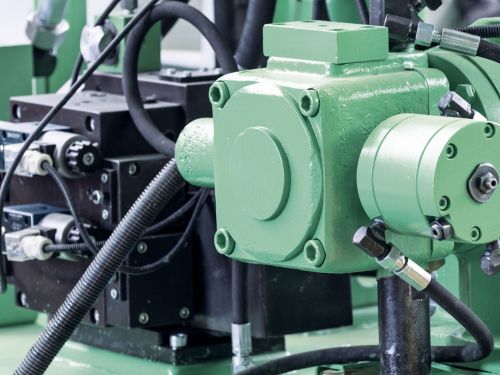- Water and wastewater
- Compact plant for dewatering biomass
Compact plant for dewatering biomass

Your advantages with digitized automation
| IO-Link reduces the wiring effort by two and a half days | |
|
Remote process optimization and fault localization |
|
| Maximum system transparency down to every single sensor |
ISV-Umwelt: mobile biomass dewatering plants
Sewage sludge is prepared for thermal processing by means of a centrifuge. However, before sewage sludge can be used as fuel in the first place, its solid contents must be separated from the high water content - which makes up over 97 per cent of the mass.
This is where the company ISV-Umwelt from Langelsheim in Lower Saxony comes into play. Founder and Managing Director Sven Penkwitt explains: "We build mobile biomass dewatering plants and rent them to our customers either on a temporary or permanent basis."
One of these customers is the municipal sewage treatment plant in Diepholz where ISV-Umwelt sets up one of its plants for a one week period about four times a year. "In this period, around 72 tonnes of dry matter, which can then be used for thermal recycling, are separated from around 2400 cubic metres of digested sludge that accumulates in large basins over a period of three months."
To achieve an optimum dewatering result, it must be possible to adapt the process at various points, and this is where ifm comes in: As an automation specialist, ifm offers a wide portfolio of sensors and automation solutions that can be used to precisely adjust and transparently visualise analyse the process operations down to the last detail.

